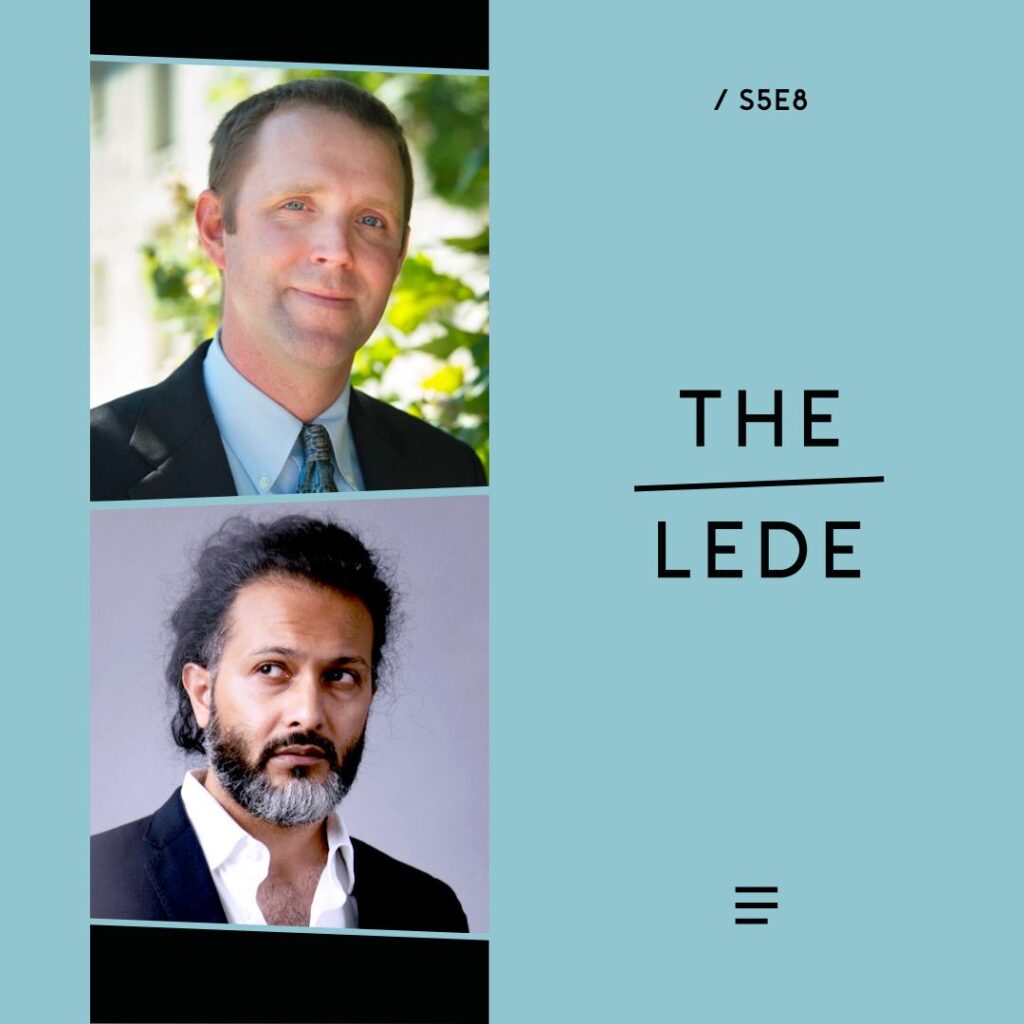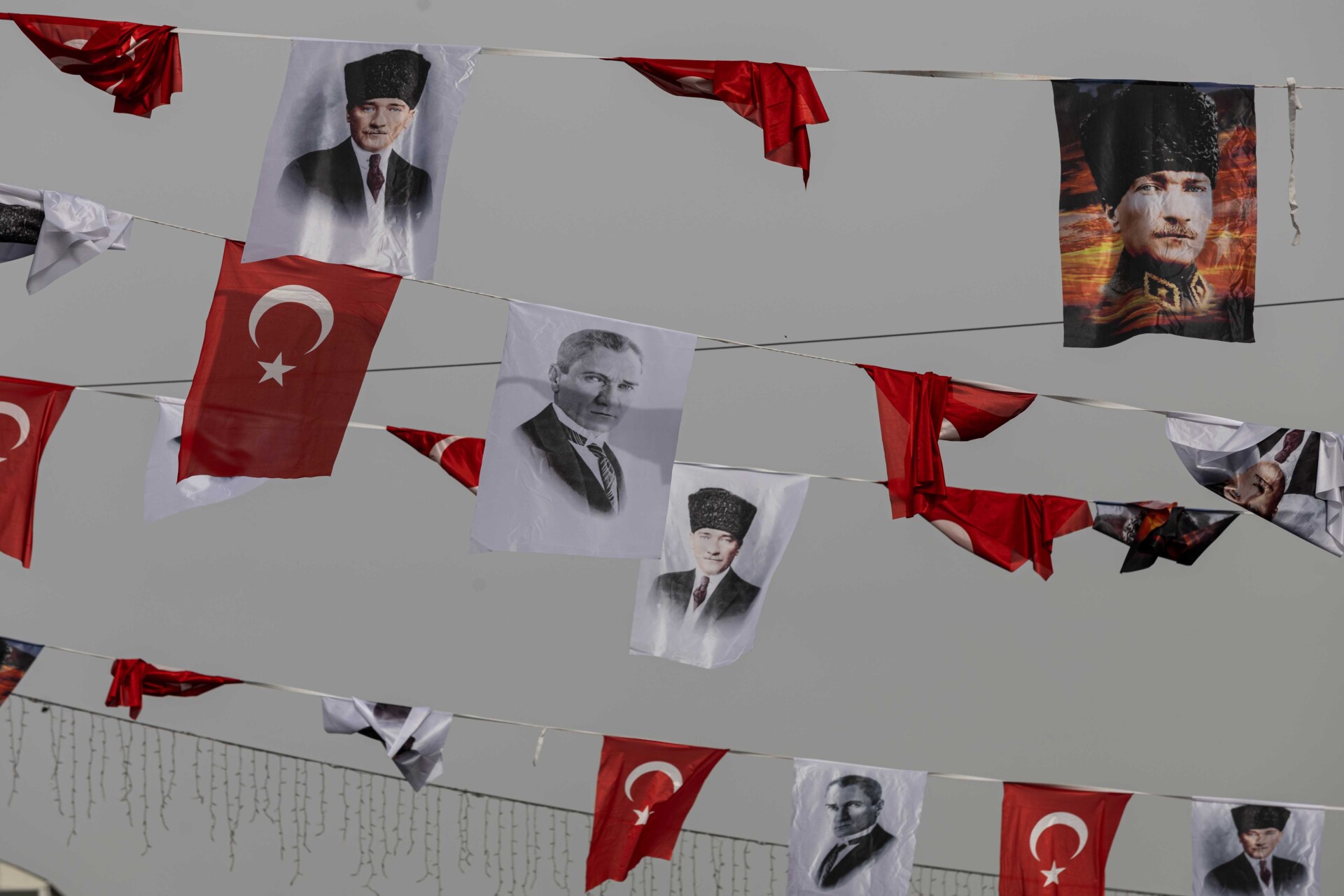Listen to and follow The Lede
Apple Podcasts | Spotify | Podbean
One hundred years ago this week, the Ottoman Caliphate was formally abolished by a decree of the nascent Republic of Turkey’s National Assembly. Ryan Gingeras suggests that the final years of the dying 400-year-old empire are often forgotten when people look at the chaos that was Europe and the Middle East in the early 20th century. In his book, “The Last Days of the Ottoman Empire,” Gingeras has tried to address that oversight.
“I wanted to start to think of it not simply as synonymous with the origins of the state of Turkey, but really the origins of virtually all major states of the Middle East, and certainly even the development of modern Greece, modern Armenia, and even foreshadowing the fate of European empires — a lot of it is really centered on the fate of the Ottoman Sultanate,” Gingeras tells New Lines’ Faisal Al Yafai.

“If you dive deeper into everyday life in various parts of the former Ottoman world, elements of that culture endure. It’s still very much with us.”
Gingeras sees that period of conflict at the beginning of the 20th century as having retrospectively colored its former subjects’ perception of the empire. “One of the reasons why people today feel relatively divorced from the Ottoman Empire throughout so much of the Middle East is because this period is often seen in hindsight as having rendered a verdict on the empire, on its legitimacy, on its place in the lives of everyday people today.”
The end of the Caliphate had a dramatic effect on the identity of those living within the territory, explains Gingeras. “It’s from that point forward that quite definitively the notion of Turkishness comes to be seen as being Muslim, and that the notion of even Ottoman-ness, in retrospect, is often seen as being something that Muslims uphold the most, and that most importantly, perhaps, non-Muslims either are rendered as resident aliens within a state like Turkey, or they’re expelled. … A new, far more ingrained mythos comes to shape official parlance, which is that Turkishness is more than anything an inborn trait — you will begin to see this embraced more and more by the likes of Mustafa Kemal and others who lead the country out of the Ottoman Empire into the Turkish Republic.”
Gingeras explains how, in certain ways, the Empire did not completely die but instead morphed into something else. “There was a sense at some level that there was continuity and that maybe the dynasty was gone, but the state that the people serve, that they pledge allegiance to, was the same. It was just that they understood the state in a somewhat different way. And you hear this now in the words of [President Recep Tayyip] Erdogan.”
“If you dive deeper into everyday life in various parts of the former Ottoman world, elements of that culture endure. You can see it in the language, you see it in the cuisine. You see it to some degree in communal relations. It’s still very much with us,” Gingeras says. Nevertheless, he explains, “While there are certainly continuities people can point to, that sense of collective belonging on a national level is gone, it’s not coming back.”
Produced by Finbar Anderson.


